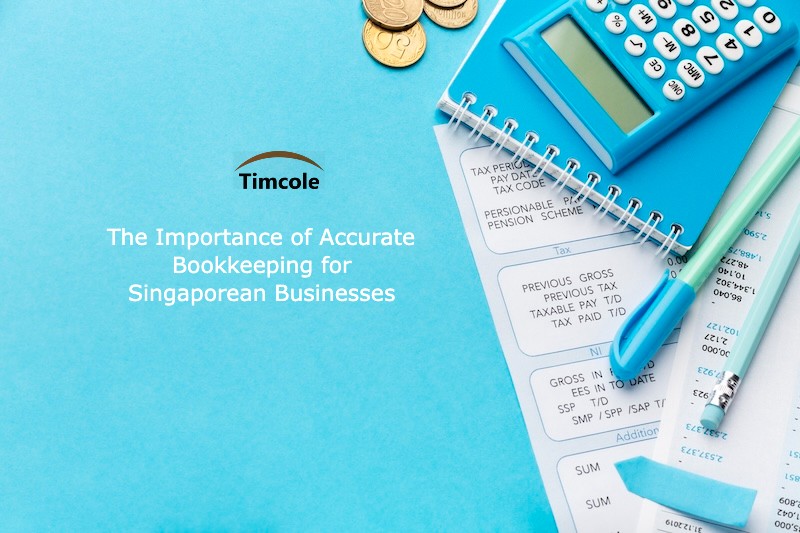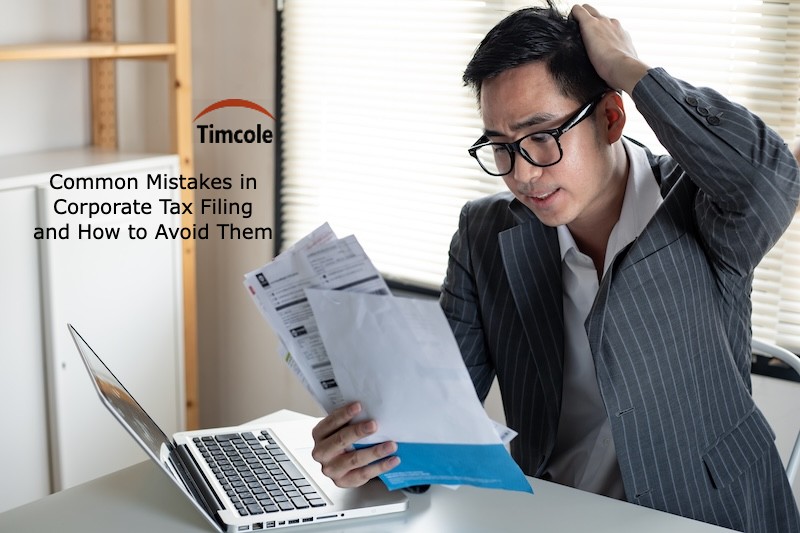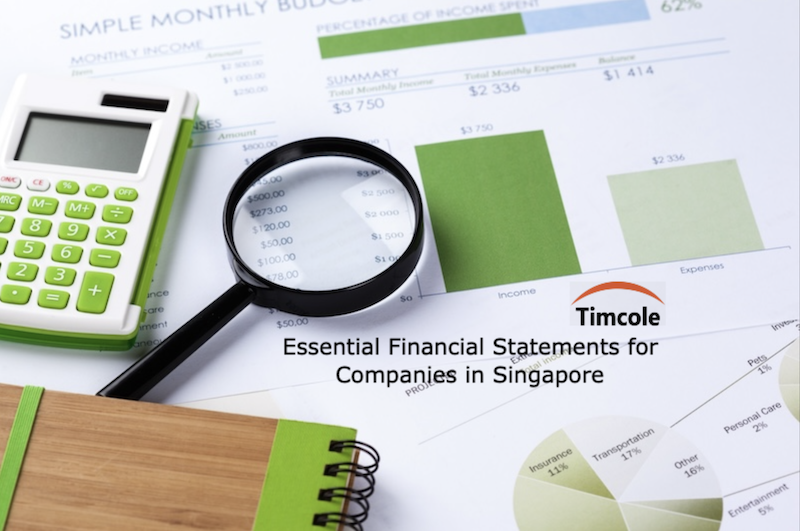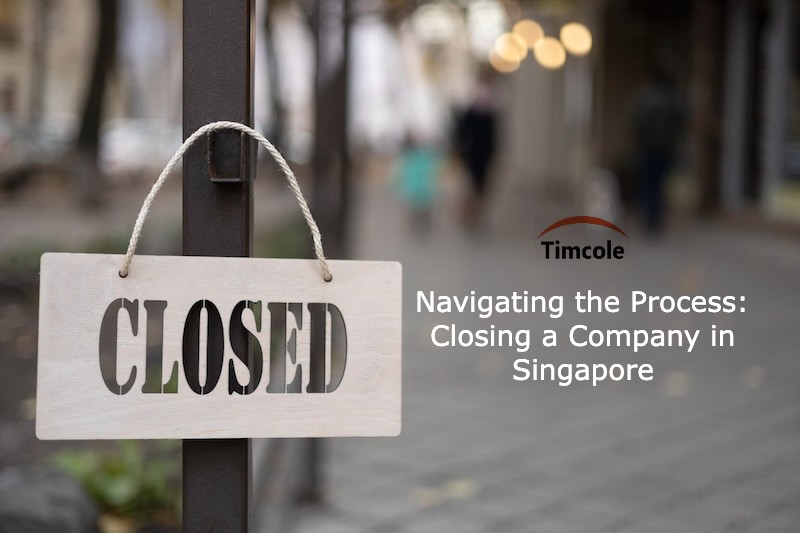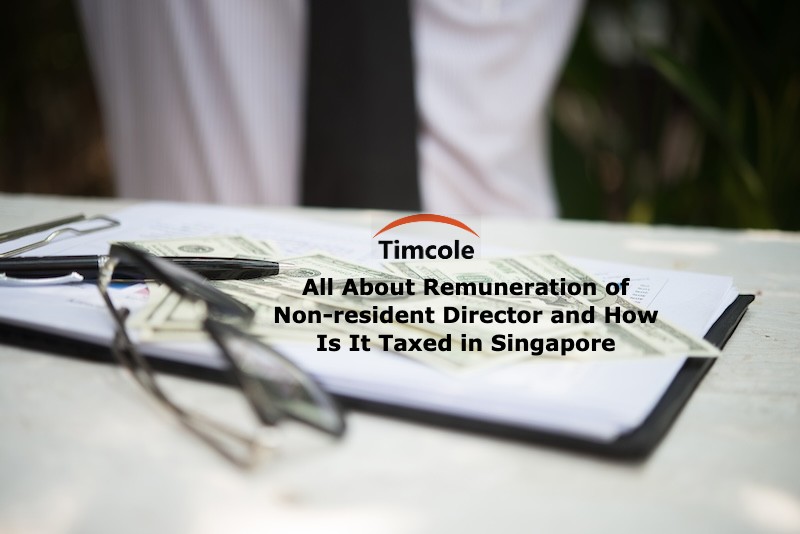Singapore Corporate Compliance
The Role of Corporate Secretaries in Annual Compliance Activities for Singaporean Companies
In the vibrant business landscape of Singapore, maintaining compliance with corporate governance standards is crucial. The role of a corporate secretary is indispensable in navigating these requirements, particularly when it comes to annual compliance activities. This blog will provide an overview of the annual compliance requirements for companies in Singapore, delve into the specific responsibilities…
The Importance of Accurate Bookkeeping for Singaporean Businesses
In the dynamic landscape of Singapore’s bustling business scene, accurate bookkeeping stands as a cornerstone for success. Whether you’re a startup, an SME, or a well-established corporation, maintaining precise financial records is not just a legal obligation but a strategic imperative. Let’s delve into why accurate bookkeeping is paramount for Singaporean businesses, the repercussions of…
Common Mistakes in Corporate Tax Filing and How to Avoid Them
Tax filing is an intricate aspect of running a business in Singapore, renowned for its business-friendly tax system. However, even in such an environment, companies frequently make mistakes that can lead to penalties, audits, and unnecessary stress. This blog will outline some common mistakes in corporate tax filing and provide detailed advice on how to…
The Advantages of Outsourcing Financial Reporting for Businesses in Singapore
In today’s dynamic business landscape, staying ahead often means streamlining operations, optimizing resources, and focusing on core competencies. For businesses in Singapore, a global financial hub, efficient financial reporting is not just a necessity but a strategic imperative. However, managing financial reporting in-house can be time-consuming, resource-intensive, and prone to errors. This is where outsourcing…
Unraveling the Transfer Pricing Workflow in Singapore
Transfer pricing, often regarded as the backbone of international transactions within multinational corporations, plays a critical role in ensuring fair taxation and profit allocation across different jurisdictions. In Singapore, a global business hub known for its favourable tax policies and robust regulatory framework, understanding the workflow of transfer pricing is imperative for businesses aiming to…
Essential Financial Statements for Companies in Singapore
In the dynamic world of business, financial statements are the compasses guiding companies through the turbulent seas of commerce. Financial statements are formal records that present the financial activities and position of a business, organization, or individual. They provide a summary of financial transactions, performance, and financial health over a specific period, typically a fiscal…
Navigating the Process: Closing a Company in Singapore
Starting a business is an exciting venture, filled with hopes and aspirations. However, not every business journey leads to everlasting success. Sometimes, despite the best efforts, circumstances arise that necessitate the closure of a company. In Singapore, a global hub for business and innovation, the process of closing a company is well-structured and guided by…
All About Remuneration of Non-resident Director and How Is It Taxed in Singapore
In the dynamic landscape of corporate governance, the role of directors is pivotal. Their expertise, decisions, and guidance shape the trajectory of businesses. In Singapore, a global business hub known for its robust regulatory framework and favourable business environment, the remuneration of directors, particularly non-resident directors, is a topic of significance. In this blog, we…
Fund Accounting: Understanding the Core Concepts
As a global financial hub, Singapore is home to a diverse range of organizations, including nonprofits, government entities, and charitable foundations. For these entities, managing funds efficiently and transparently is essential. Enter fund accounting – a specialized form of accounting tailored to the unique needs of organizations dedicated to specific causes. In this blog, we…
The Pitfalls of Relying on a Personal Bank Account for Your Business in Singapore
In the vibrant and competitive business landscape of Singapore, entrepreneurs are often faced with critical decisions that can shape the success of their ventures. One such decision involves the choice between using a personal bank account or opting for a dedicated business account. In this blog, we explore the pitfalls associated with relying on a…



